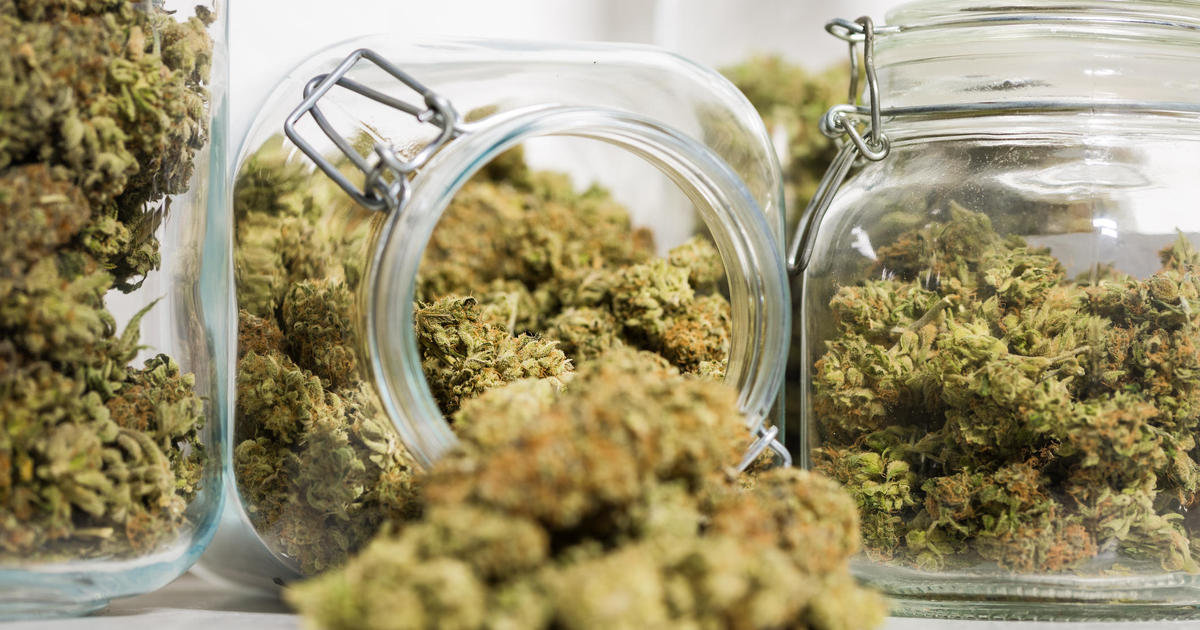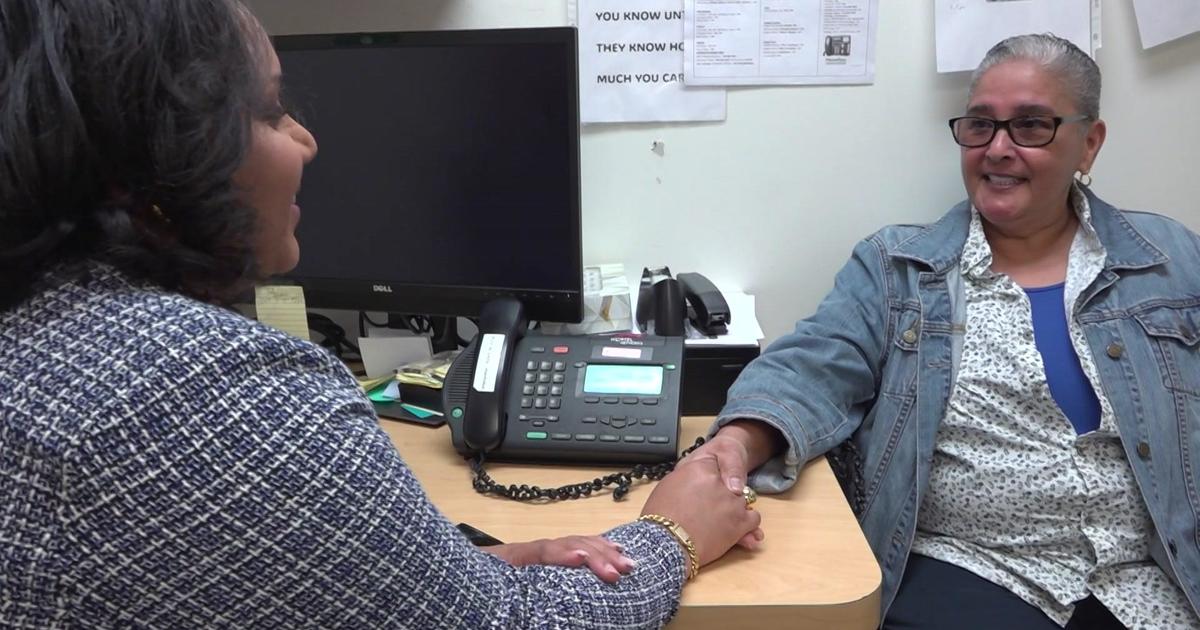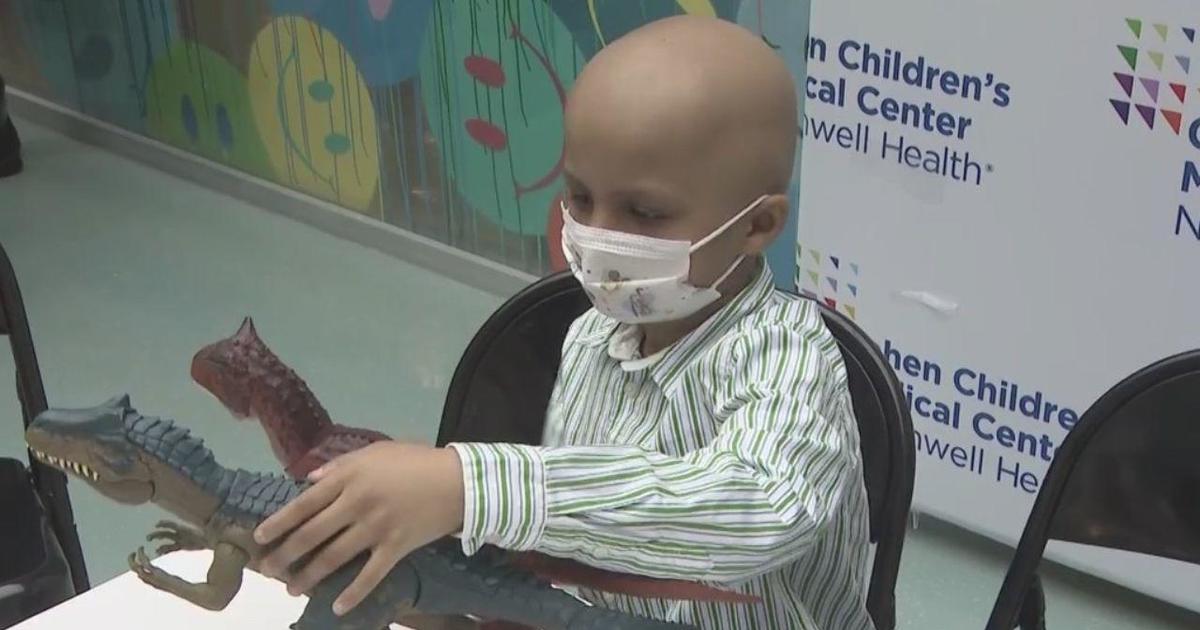Study: 80 Percent Of Parents Make Measuring Errors When Medicating Children
NEW YORK (CBSNewYork) -- If you think you're giving your sick child the right amount of medicine, you may not be.
It turns out, many, maybe even most parents are either under or overdosing their children.
As CBS2's Dr. Max Gomez explained, for medications to work best they have to be just the right dose. That's usually based on weight for a small child.
That means measuring it out, and getting it to your kid without spilling -- which can be hard to do.
If you have a feverish child that you have to give medicine to, they could be squirmy or crying.
Labels say a teaspoon for a certain age, or more depending on weight. Then you have to measure that into a tiny cup or spoon, and little numbers can be hard to read. It's small wonder that parents make medication mistakes.
"They are very common, at least 80 percent were making medication errors," Dr. Shonna Yin, NYU School of Medicine said.
That's right, four out of 5 parents may be making mistakes when giving their children liquid medicines.
In a study in the journal Pediatrics, Dr. Yin and colleagues asked more than 2,000 parents of children age 8 or younger, to measure out various doses of common childhood medicines.
Parents doled out the wrong dose 43 percent of the time when using a dosing cup. Twenty percent of parents at least once, measured more than twice the amount listed on the label.
By comparison mistakes with oral syringes happened only 16 percent of the time. Again, mistakes were both too much and too little medicine.
"With overdoses we worry that child will experience side effects, be harmed by that medication, and when meds are underdosed, we also worry that the child's illness may not be effectively treated," Dr. Yin said.
By far, the worst way to measure is in a spoon. They vary way too much in shape and size to be accurate.
The best way to get the right dose is an oral syringe. Experts suggest measuring the amount into a cup and then drawing the medicine into the syringe to avoid contaminating the medicine in the bottle.
A syringe has a benefit beyond dose accuracy.
"You can squirt right into a child's mouth. With a cup they might spill, etc," Dr. Yin said.
You should always ask your child's doctor to calculate the right dose of over-the-counter medication based on the child's weight.
That's much better than the usual label recommendation based on age.
Either way, follow the old saying -- measure twice, give once -- when it comes to medicine.



